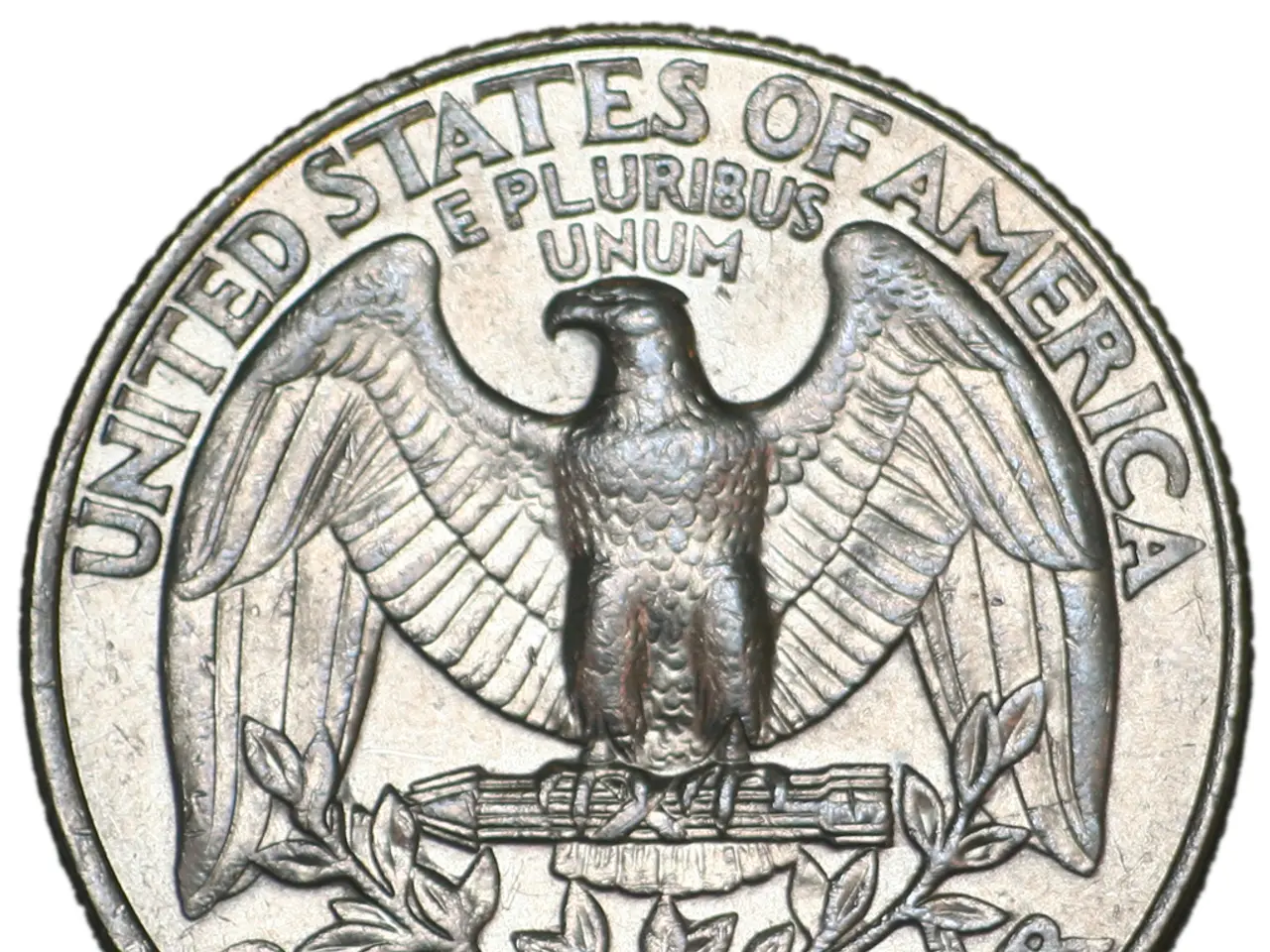Digital currency market ready for significant growth as Government moves towards the approval of digital asset trading
Vietnam is set to legalize and regulate digital assets, marking a significant shift in the country's approach towards the crypto economy. The "Law on Digital Technology Industry," passed on June 14, 2025, and effective from January 1, 2026, officially recognizes crypto assets as legal property under civil law, providing clear definitions and legal protections for digital assets, enabling ownership, trading, and inheritance.
Legal Status of Cryptoassets
Digital assets are recognized as property but are not legal tender; the Vietnamese dong remains the only legal currency for payments. The new framework classifies digital assets into cryptoassets (e.g., Bitcoin, Ethereum, stablecoins), virtual assets (used mainly for trading and investment), and other digital assets like NFTs.
Operating a Crypto Asset Exchange
To operate a crypto asset exchange in Vietnam, operators must comply with stringent requirements. This includes a minimum charter capital of VND 10 trillion (approximately $381 million USD), which is substantially higher than many other industries, indicating a stringent financial entry barrier. Operators must also adhere to Level 4 cybersecurity standards, Vietnam's highest digital security classification. Regulatory oversight will focus on anti-money laundering (AML) and counter-terrorist financing controls in line with Financial Action Task Force (FATF) recommendations.
A pilot program for digital asset exchanges is expected to launch after the final draft resolution on piloting the digital asset market is submitted to the government, anticipated in August or September 2025. During the pilot, multiple licensed exchanges will be allowed for healthy competition but managed carefully for regulatory effectiveness.
Taxation and Risk Management
Buying/selling digital assets is subject to VAT and corporate income tax according to the Ministry of Finance. An appropriate regulatory framework will help minimize the risks related to fraud, scams, and asset loss.
A Path to Becoming a Regulated Hub
This development places Vietnam on a clear path to becoming a regulated hub for crypto and digital assets while ensuring robust controls are in place for risk and compliance management. The pilot project on the crypto asset market has been basically completed in terms of criteria for market participants, technical conditions, operation procedures, financial capacity, and expertise of service providers.
The National Assembly has passed a resolution on the establishment of an international financial centre (IFC), covering innovation and specialised digital asset exchanges. Crypto asset exchanges will be piloted in the IFC, which is being pushed to go operational in HCM City and Đà Nẵng by the end of this year.
Improving the regulatory framework will help Vietnam attract a huge amount of foreign capital into the fintech sector. The strong logic and mathematical skills, especially among engineers, are a key advantage in cybersecurity, further positioning Vietnam as a potential leader in the digital asset space.
In summary:
| Aspect | Details | |----------------------------------|----------------------------------------------| | Legal status of cryptoassets | Recognized as legal property (civil law) | | Digital assets payment status | Not legal tender; VND is sole legal currency | | Minimum capital for exchanges | VND 10 trillion (~$381 million USD) | | Cybersecurity requirement | Level 4, highest standard in Vietnam | | AML/CTF regulatory focus | Compliance per FATF recommendations | | Pilot program launch | Expected late 2025 with licensed multiple exchanges | | Taxation | Subject to VAT and corporate income tax |
This development is a significant step towards legalizing and regulating digital assets in Vietnam, fostering the digital economy, protecting users, and achieving broader economic goals.
- The Vietnamese government is moving to legalize and regulate digital assets, positioning Vietnam as a potential leader in the digital asset space.
- Under the new law, digital assets are recognized as legal property but not legal tender, with the Vietnamese dong remaining the only legal currency for payments.
- To operate a crypto asset exchange in Vietnam, operators must meet stringent requirements, including a minimum charter capital of VND 10 trillion and complying with Level 4 cybersecurity standards.
- The government plans to launch a pilot program for digital asset exchanges later in 2025, allowing multiple licensed exchanges for healthy competition while maintaining regulatory effectiveness.
- Buying and selling digital assets will be subject to VAT and corporate income tax, according to the Ministry of Finance.
- Improving the regulatory framework in Vietnam will help attract foreign capital into the fintech sector, given the strong mathematical skills, particularly among engineers, which is advantageous in cybersecurity.
- A resolution has been passed by the National Assembly for the establishment of an international financial centre, covering innovation and specialized digital asset exchanges, to be operational in HCM City and Đà Nẵng by the end of 2025.
- Legalizing and regulating digital assets in Vietnam aims to foster the digital economy, protect users, and achieve broader economic goals, ultimately positioning the country as a regulated hub for crypto and digital assets.







